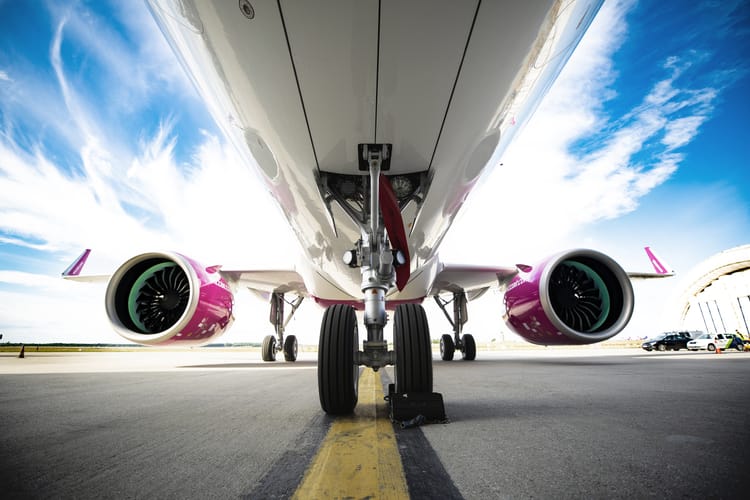Brazil to make ISSB-aligned climate disclosures mandatory from 2026

Brazil’s Ministry of Finance and its capital market regulator, the Comissão de Valores Mobiliários (CMV) today adopted the ISSB Sustainability Disclosure Standards, paving the way for mandatory application from January 2026.
Listed Brazilian companies will be able to report on their climate risk on a voluntary basis from 2024, but the disclosures will be made mandatory from 2026, according to the International Financial Reporting Standards (IFRS), which is behind the ISSB standards.
“These public authorities signalled that the ISSB's Standards can help strengthen Brazilian capital markets by enhancing transparency around sustainability-related risks and opportunities and facilitate companies attracting capital and global investments,” the IFRS said in a press release on October 20.
It’s not clear how many companies will be covered by this new obligation, with the CMV expected to announce the disclosure rules today (October 20).
The ISSB standards were endorsed by the International Organisation of Securities Commissions (IOSCO) in July 2023, but Brazil is the first member jurisdiction to officially adopt them. (The European Sustainability Reporting Standards have achieved a “highly degree of alignment”.)
This is the country’s latest move to improve the sustainability performance of its companies. At the start of October, Brazil’s senate unanimously approved a bill to create a mandatory cap-and-trade system for carbon emissions which is now moving to the Chamber of Deputies. However, activists deplored the exclusion of agribusiness from the bill, as the sector is responsible for vast deforestation and emissions.
The Brazilian Emissions Trading System (SBCE) will work in a similar way as the EU ETS and cap emissions at 25,000 tonnes per year, a threshold past which companies will have to purchase registered carbon credits (called allowances in the EU ETS). Companies that emit less than 25,000 tonnes of CO2 per year will be able to sell credits to others.
The scheme is expected to come into force within the next three years, and apply to about 4,000 companies in carbon-intensive sectors. While these haven’t been defined yet, they are likely to overlap those in the first wave of implementation of the Carbon Border Adjustment Mechanism, particularly iron, steel and cement.







Member discussion